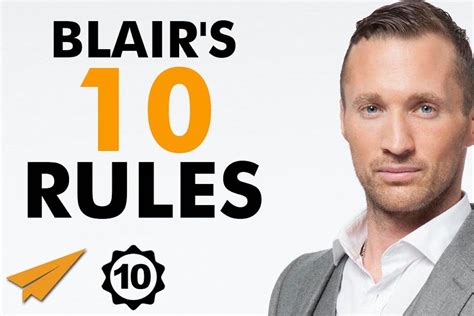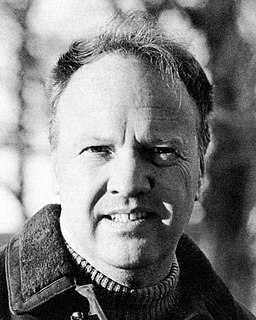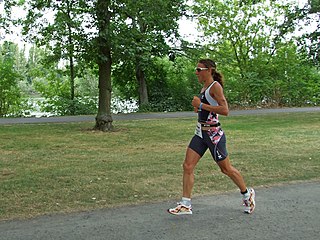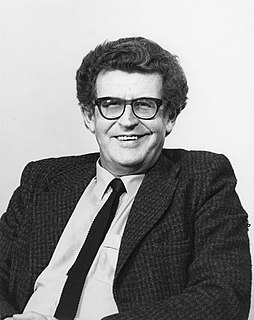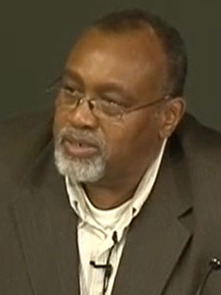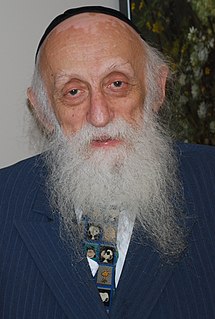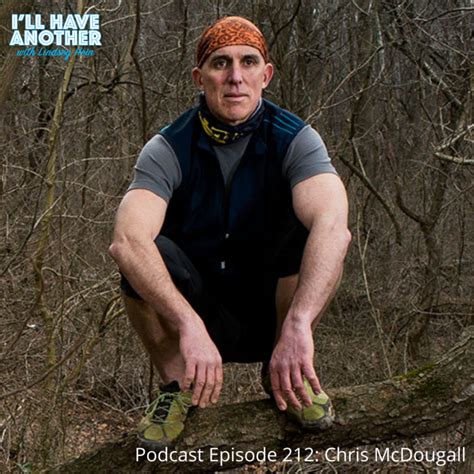Top 1200 Drug Addiction Quotes & Sayings - Page 2
Explore popular Drug Addiction quotes.
Last updated on November 14, 2024.
Having been hit by drug addiction, knowing how many are hit by it and what a big problem it is in our neighborhoods and our culture, I feel a responsibility to do something. I can see what's wrong with the system - that we have to recognize mental illness as we do cancer or broken bones - and how we need to make it better.
There's traditionally been two different ways of seeing addiction. Either it's a sin and you're a horrible bad person and you are just choosing to be hedonist or it's a chronic progressive disease. And while I certainly believe addiction is a medical problem that should be dealt with by the health system, the way we've conceptualized addiction as a disease is not actually accurate, and it has unfortunately become stigmatizing and it's also created a lot of hopelessness in a lot of people.
It's very difficult to have any faith in the sincerity of the SLORC about stamping out drug production if they find it so easy to forgive a drug baron whom at one time they said they would never, never forgive and would never, never regard as anything but a drug runner. The SLORC is far more aggressive in its attitude toward the National League for Democracy than against drug traffickers.
From personal experience, I completely agree that it is often easier to go for monotone sadness. When I was starting out, I wrote a gazillion short stories that ran the gamut of human suffering - drug addiction, child abuse, terminal illness, loved ones dying by all manner of misfortune, etc. In hindsight, it's clear that I mistook the power of the situation for the power of the story.
Have this Chet Baker movie coming out and in that situation, I went down the rabbit hole studying Chet Baker and being obsessed with the period and the music and the relationships and the dynamic, and everything, drug addiction. There was so much I wanted to get at to kind of get at the truth. With Regression, I was certainly in Alejandro's [Amenabar] hands.
Consider the clinicaltrials by which drugs are tested in human subjects.5 Before a new drug can enter the market, its manufacturer must sponsor clinicaltrials to show the Food and Drug Administration that the drug is safe and effective, usually as compared with a placebo or dummy pill. The results of all the trials (there may be many) are submitted to the FDA, and if one or two trials are positive—that is, they show effectiveness without serious risk—the drug is usually approved, even if all the other trials are negative.
In the short term, corporal punishment may produce obedience. But it is a fact documented by research that in the long term the results are inability to learn, violence and rage, bullying, cruelty, inability to feel another's pain, especially that of one's own children, even drug addiction and suicide, unless there are enlightened or at least helping witnesses on hand to prevent that development.
The pervasive brutality in current fiction - the death, disease, dysfunction, depression, dismemberment, drug addiction, dementia, and dreary little dramas of domestic discord - is an obvious example of how language in exploitative, cynical or simply neurotic hands can add to the weariness, the darkness in the world.
In the 1990s - the period of the greatest escalation of the drug war - nearly 80 percent of the increase in drug arrests was for marijuana possession, a drug less harmful than alcohol or tobacco and at least, if not more, prevalent in middle class white neighborhoods and college campuses as it is in the 'hood.
I have an addictive personality. Sport is my drug of choice these days. It's one of the best drugs there is. It keeps you fit and healthy, even if, in the case of ironman, it pushes your body to the limit. The word "addiction" comes with negative connotations, but it doesn't have to be a damaging impulse. It's all about channeling your craving into something positive.
I have a lot of friends who come from alcoholic families, and they aren't alcoholics, because someone explained it to them. When I was in Washington DC, they really talked about the difference statistically between families that talk about drug addiction and ones that don't. The kids that can say "I see where this is going" have a much better chance of not becoming addicts, because they have been educated.
If an addict who has been completely cured starts smoking again he no longer experiences the discomfort of his first addiction. There exists, therefore, outside alkaloids and habit, a sense for opium, an intangible habit which lives on, despite the recasting of the organism. The dead drug leaves a ghost behind. At certain hours it haunts the house.
Once and for all, people must understand that addiction is a disease. It’s critical if we’re going to effectively prevent and treat addiction. Accepting that addiction is an illness will transform our approach to public policy, research, insurance, and criminality; it will change how we feel about addicts, and how they feel about themselves. There’s another essential reason why we must understand that addiction is an illness and not just bad behavior: We punish bad behavior. We treat illness.
You cannot cheat with the law of conservation of violence: all violence is paid for, and for example, the structural violence exerted by the financial markets, in the form of layoffs, loss of security, etc., is matched sooner or later in the form of suicides, crime and delinquency, drug addiction, alcoholism, a whole host of minor and major everyday acts of violence.
Drug addiction is an incredibly difficult challenge to manage on one's own. When I think of all the stories I've heard from people, the common denominator is that they all were ultimately able to find somebody who was willing to support them. Maybe it was someone they knew, like a parent or a sibling or a friend; other times it was a treatment center with a compassionate staff who didn't give up on them. That made all the difference.
The thing we want for all our kids is that they be connected with a learning community and that they have strong social and familial relationships. If we can do whatever we can do to create that and to reduce bullying and to reduce the kind of pain and shame so many kids feel for so many reasons, that stuff is going to reduce drug addiction.
My mouth is no prayer book, but my view is, I'd view addiction to these substances as a medical problem and I would treat it accordingly. What little I know about the history of drug control policy in the United States leaves me thinking that a hugely important moment came when the lawyers win out over the doctors on this matter.
I do not believe that marijuana is a gateway drug, and having been a mayor trying to keep my community safe, if there was any drug that was driving violence, more than marijuana, it was alcohol which is legal. And so I just don't think this is a gateway drug. And by the way, if you regulate it you're actually going to overcome a lot of problems with people having to go to the streets to buy their drug. You don't know how dangerous that is.
I'll get rid of the drug problem. The first drug dealer will be publicly executed in front of everybody and all of the sudden the rest of the drug dealers are going to go "Uh oh!" Watch how fast the drug problem disappears. If you use drugs, you're addicted and you steal something, you'll get sent off to the outback and to work camps and all of the sudden no drug addicts. See how simple that is? So simple.









